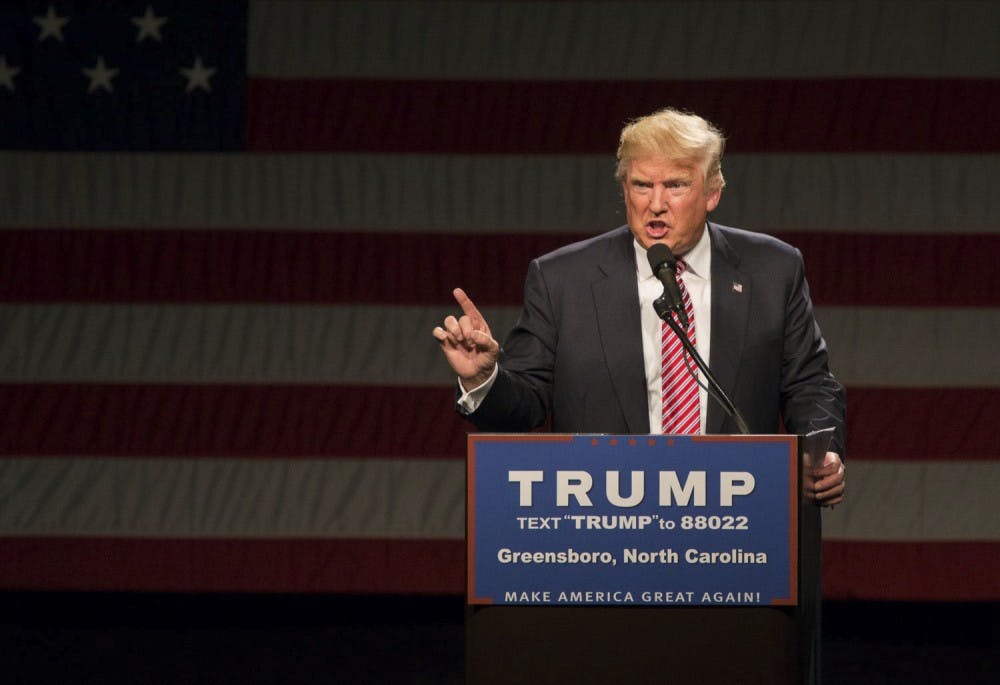Reuters first reported on the planned executive orders Tuesday, and the following day, an eight-page draft of the order was obtained by The New York Times. The language of the document is subject to change before it is signed.
The proposed order would halt the immigration of Syrian refugees for three months and ban individuals from Iraq, Syria, Iran, Sudan, Libya, Somalia and Yemen from visiting the United States for a month. The bans would be lifted once screening processes have been examined and approved by Trump and top intelligence officials.
Deborah Weissman, a UNC law professor specializing in immigration and citizenship, said the president is within his rights to limit the immigration of refugees and the number of visas issued if he determines it is in the public’s interest.
Weissman said Trump’s executive action could face legal challenges because the order targets countries that are majority Muslim.
“We’re singling out people based on their faith and their country of origin,” she said.
Ron Woodard, director of N.C. Listen, an immigration reform organization, said this was a sensible response given that FBI Director James Comey said the country cannot fully screen every refugee from certain countries in the Middle East.
“I think that is what Donald Trump has taken his cue from,” he said
Comey has said it was difficult to vet Syrian refugees due to limited intelligence on the area.



